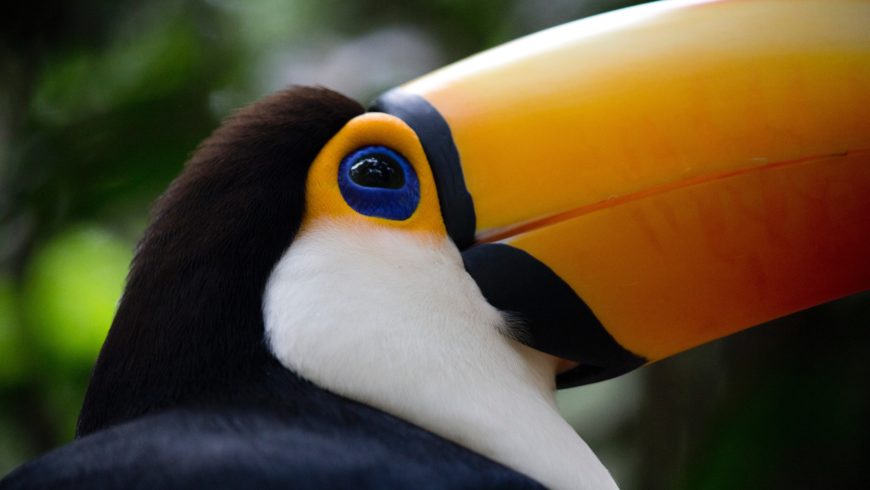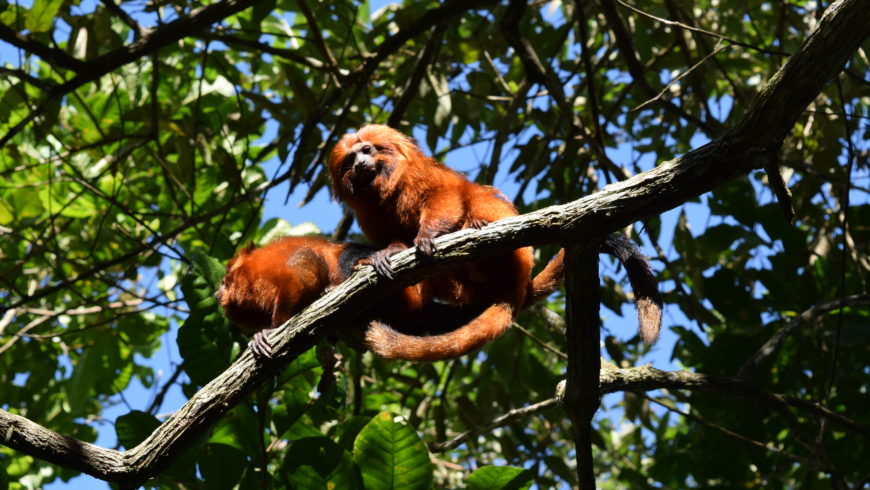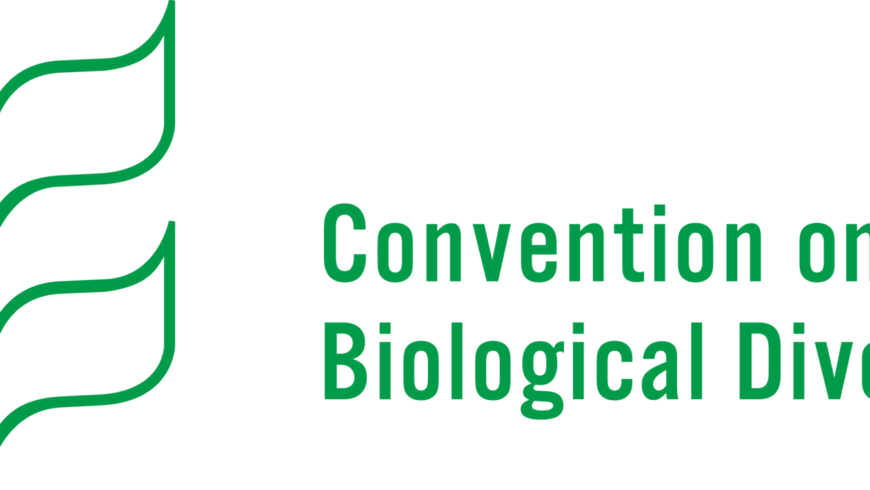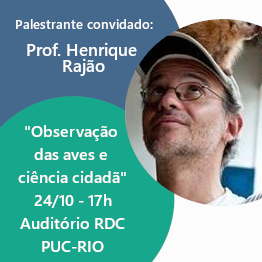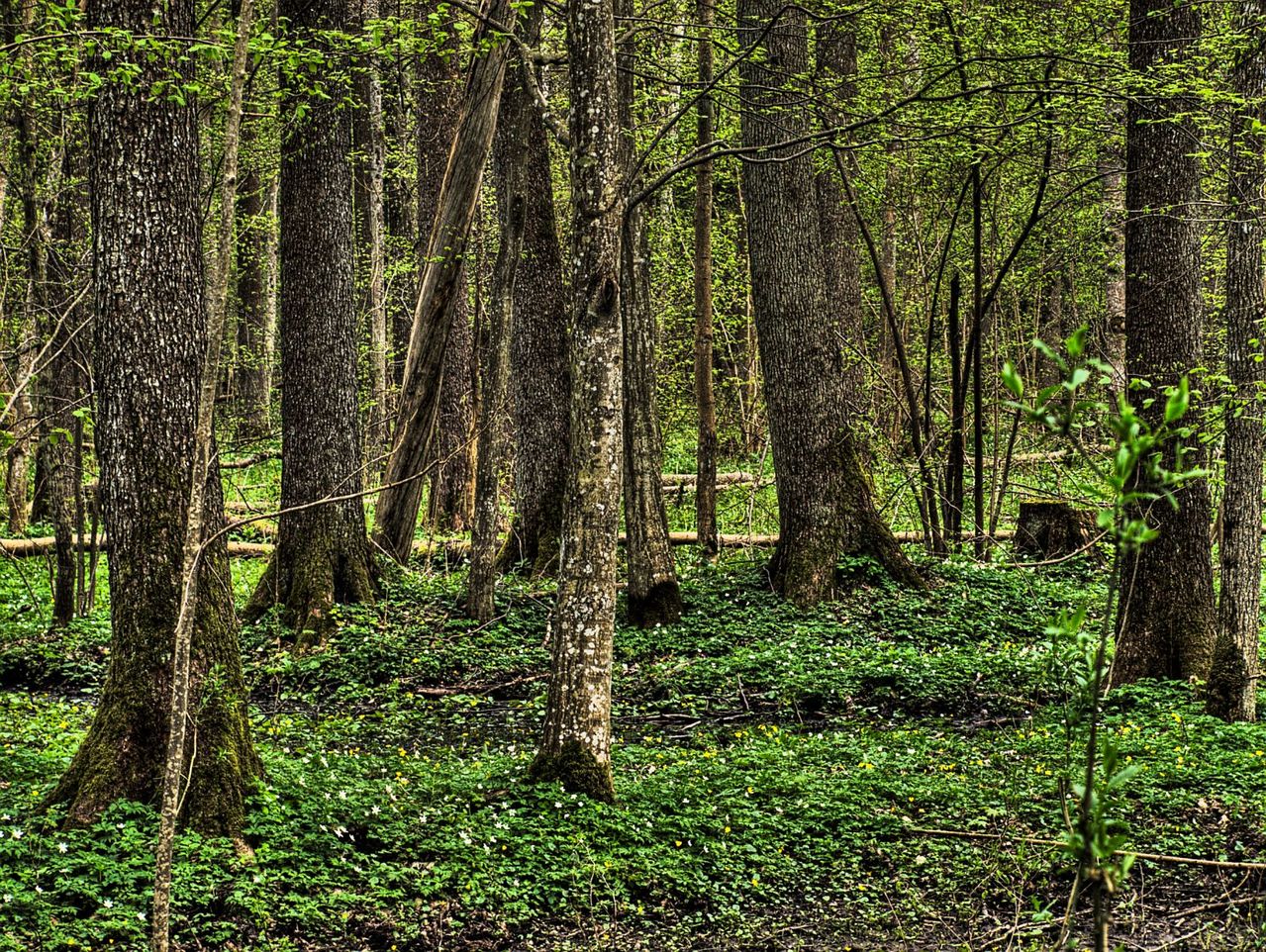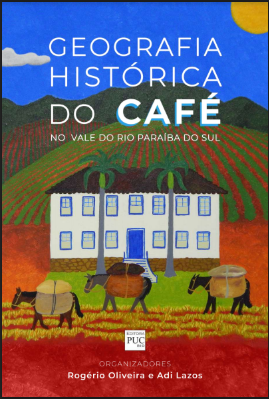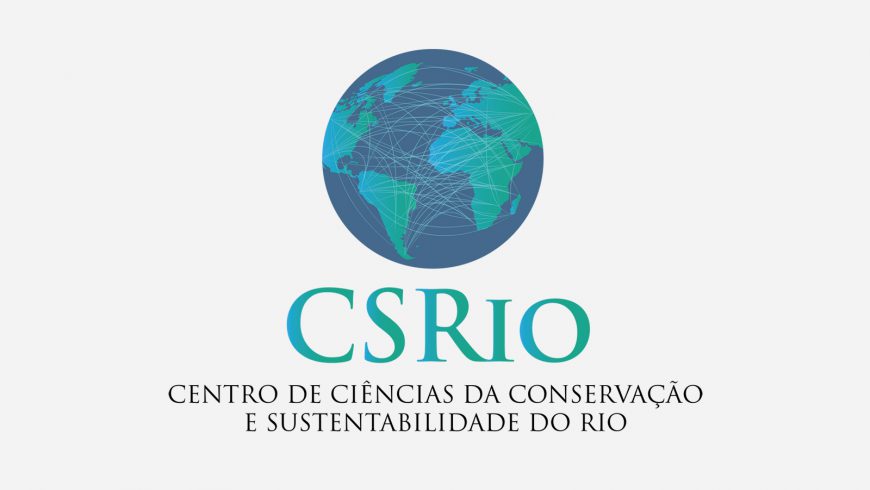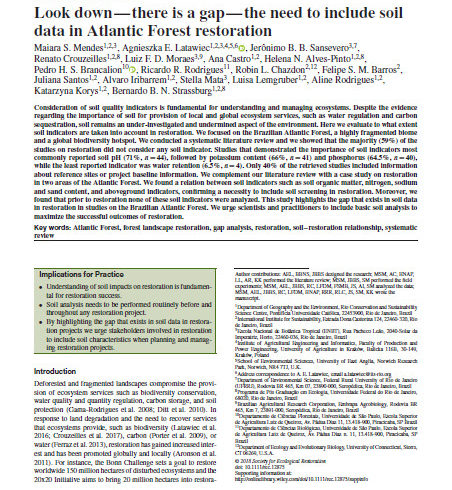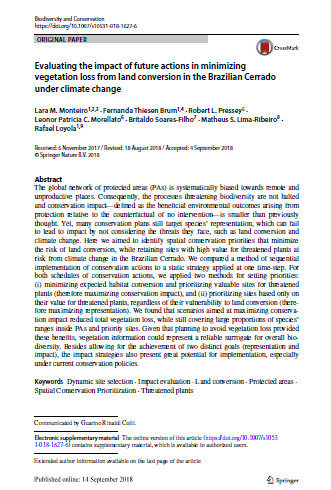Preserved forest worth more than deforested land, study says
One hectare of forest standing in the Amazon provides services worth R $ 3,500 per year. These are called environmental services: supply of water, regulation of climate, maintenance of soil fertility, prevention of erosion and pollination of crops. In addition to the impact on health, tourism and biodiversity itself, which were not priced. The same hectare deforested for livestock would give a profit of R $ 60 to R $ 100 per year. If used for soybeans, the value will be from $ 500 to $ 1,000 per year. The point is that environmental services benefit agribusiness in general and society as a whole, in a long-term perspective. Livestock and agriculture gains are immediate and go directly into the owner’s pocket, which increases the pressure for deforestation. Based on these data, in a recent interview for the newspaper O Globo, CSRio´s coordinator Bernardo Strassburg explains why standing forest is worth more than deforested land. “From a nacional perspective, it does not make any sense to deforest more than has been done until now. Deforestation is a bad business,” observes Bernardo
Read more


